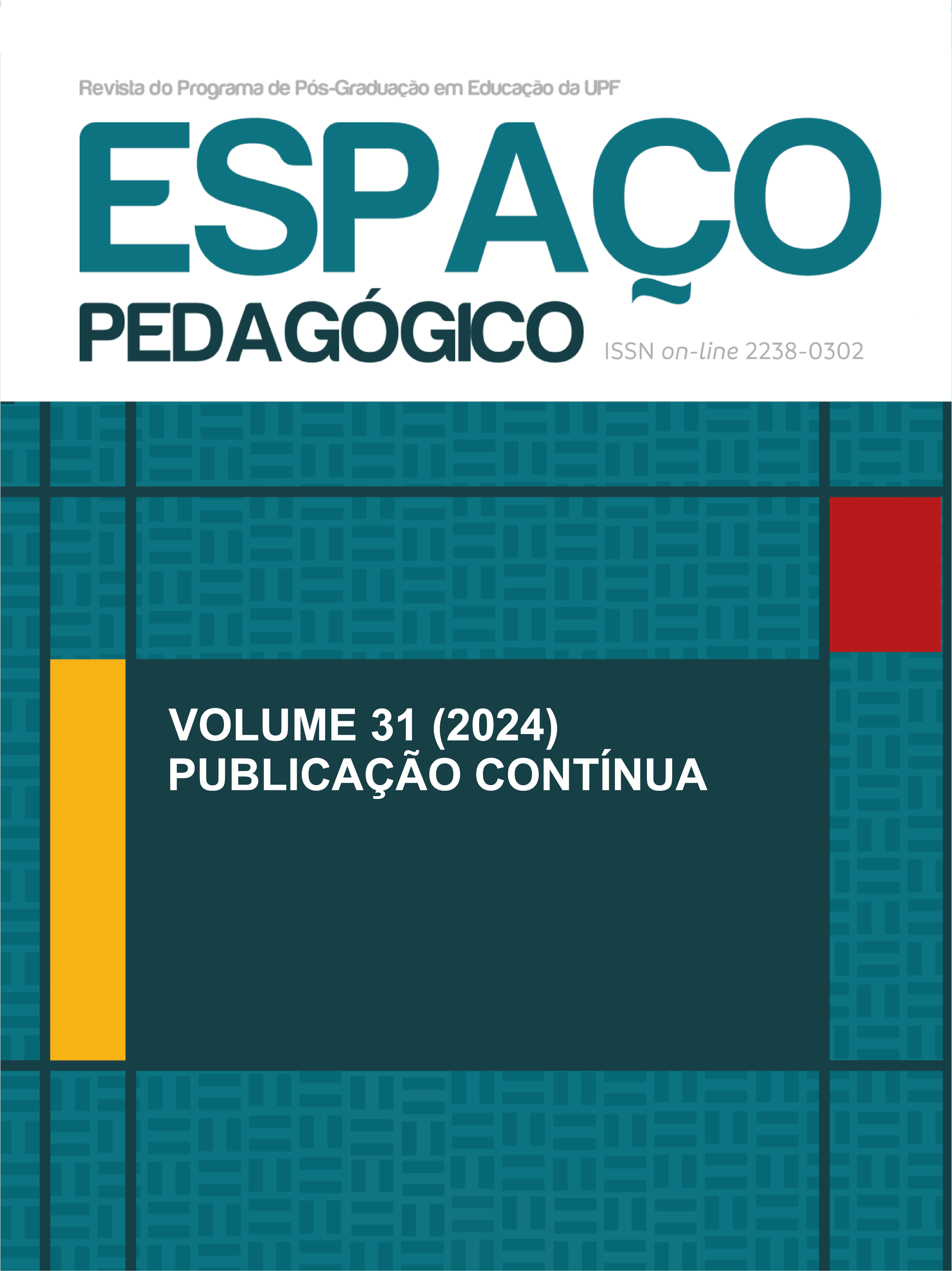Basic Education Development Index – IDEB
between teaching quality and inducing results
DOI:
https://doi.org/10.5335/rep.v31.15056Keywords:
Large Scale Assessment, IDEB, Teaching qualityAbstract
The article analyzes IDEB and its implications for the quality of school education. With a qualitative approach, we use techniques of literature review, document analysis and interviews. The results indicate that the reform of the State of the 1990s produced a discourse on improving the quality of education based on the rationality of the market. In this context, SAEB responded to the call for quality education. Although valid, this system is insufficient to assess the quality of education as it does not consider the contexts of educational systems or the structural and pedagogical characteristics of public schools. Strong links with large-scale external evaluation standards are evident, with a tendency for centrally regulated actions and punctual continuous training evaluation actions.
Downloads
Downloads
Published
Issue
Section
License

This work is licensed under a Creative Commons Attribution 4.0 International License.



